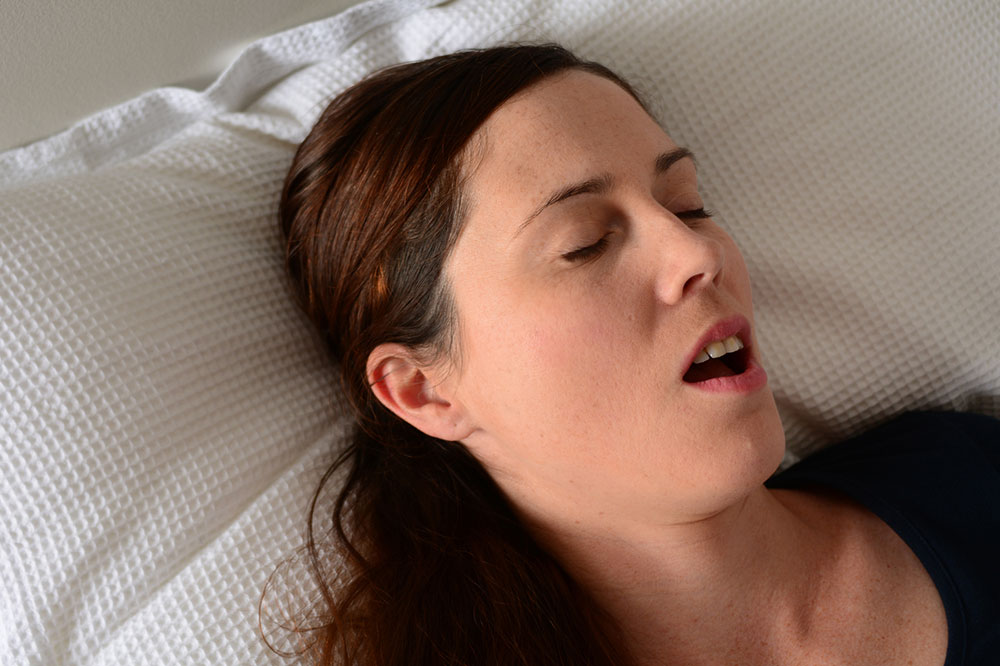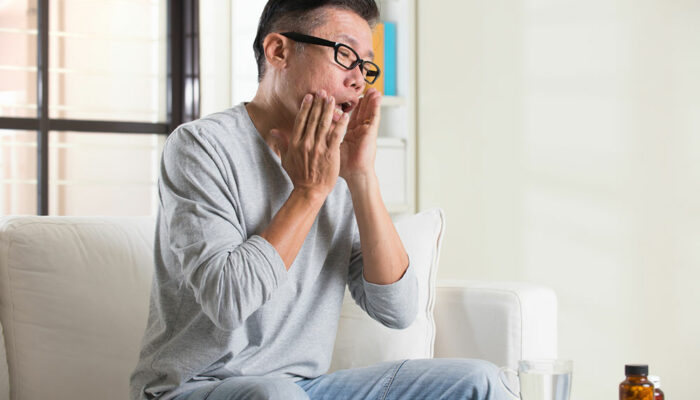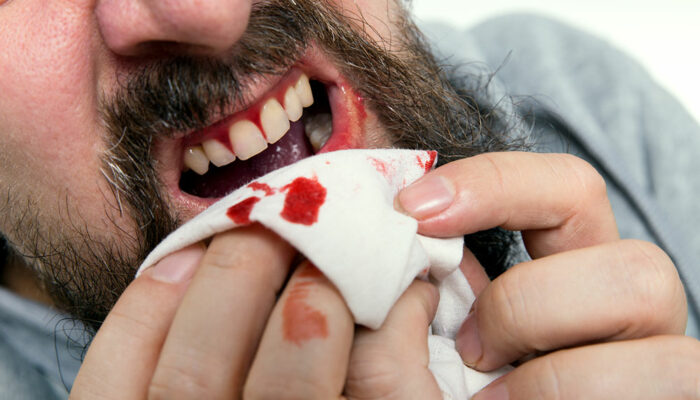
Signs and Symptoms of Sleep Apnea in Women
Sleep apnea is a condition that results in interrupted sleep due to loss of breath. This breathing disorder results in several issues that impact optimal functioning in one’s daily life. It is essential to identify the signs and symptoms of sleep apnea.
What you should know
- Earlier we assumed that men are more likely to suffer from snoring and sleep apnea as they age or if they were overweight. However, new studies debunk this theory, though men are still 2 to 3 times more likely to suffer from the condition. Despite these figures, the numbers tend to bridge the gap as women get older and enter menopause.
- One in four women face the potential risk of developing sleep apnea at some stage in their lives.
- A study reveals that due to menopause, almost 20% of women could develop the condition.
- One of the alarming factors observed in this study was that sleep apnea seems to be on the rise in younger populations of both men and women.
- The numbers that cause the most concern are that 90% of women who suffer from this condition have not been diagnosed.
Signs and symptoms of sleep apnea women should never ignore
- The most common symptoms are chronic and frequent snoring and fatigue during the day. However, these symptoms may not be present in all women with sleep apnea.
- Many women may report insomnia or fatigue to their primary healthcare providers, but it may be diagnosed/treated for other conditions.
- The symptoms may be slightly different in the case of women: the snoring may be softer/lighter, breathing issues may be less prominent, and the stoppage of breath may be less severe.
- Women with sleep apnea experience morning headaches, dry mouth, mood swings, depression, lack of energy and interest in sex, insomnia, and restless leg syndrome.
- Men who seek treatment for sleep apnea usually do so because of their partner’s push. Women, on the other hand, may not notice this condition unless pointed out.
- High blood pressure that doesn’t respond to medication could indicate sleep apnea in women as well.
- Frequently waking up to use the bathroom is one of the indicators of sleep apnea.
- Feeling sleepy throughout the day and experiencing severe fatigue despite not exerting yourself much is another red flag.
- Hypothyroidism and obesity can be linked to sleep apnea.
- Conditions like PCOS and pregnancy increase the risk of developing sleep apnea.
- Memory loss and learning disabilities that occur suddenly could signal sleep apnea.
- Experiencing sudden black-outs or loss of consciousness, falling asleep while driving or when at work could also be some signs.



